The technology uses no marine resources and represents a ‘significant breakthrough’
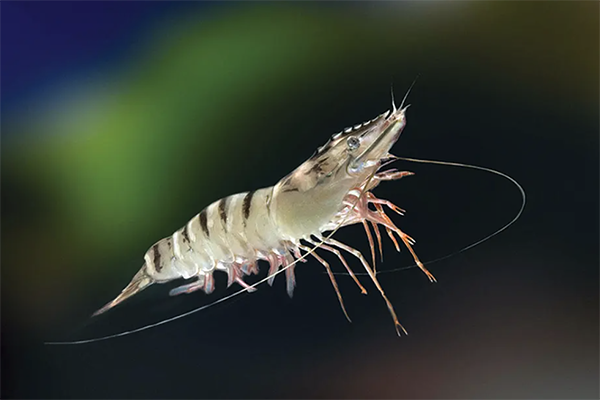
After more than a decade of research and significant investment, Ridley – Australia’s largest commercial provider of high-performance animal nutrition – won the Environmental Award at the Queensland Seafood Industry Council 2022 Awards in Brisbane for its fish-free range of tiger prawn diets.
In 2021, Ridley partnered with Mackay-based Australian Prawn Farms to successfully complete a commercial-scale trial of a prawn diet that includes no marine resources. This season, Ridley launched the Propel range of tiger prawn diets, which is low in marine resources and reportedly offers “the most sustainable and high performing diets” in the Australian market today. Currently, 100 percent of tiger prawn farmers have introduced the Propel range to their production systems.
“We are proud of the fact that we’ve developed a high-performing product that reduces the need for marine resources in prawn feed,” said Dr. Richard Smullen, manager from Ridley. “It allows for a significant reduction in protein levels, resulting in a level of nitrogen released to the environment that is sustainable and certifiable by independent certifying bodies.”
Propel feeds are made from plant and animal raw materials and include two key ingredients: a unique microbial biomass ingredient called Novacq,™ which was developed by Commonwealth Scientific and Industrial Research Organisation (CSIRO) and licensed exclusively to Ridley in Australia. The other ingredient includes a highly digestible land-based animal protein source manufactured by Ridley.
Kim Hooper, Executive Officer at the Australian Prawn Farmers Association, said sustainable production is a high priority for the sector, and this technology represents “a significant breakthrough.”
“By the rapid uptake by farmers, you can see how important it is to our industry,” said Hooper. “This technology allows Australian prawn farmers to meet the standards for sustainable aquaculture set by Best Aquaculture Practices and the Aquaculture Stewardship Council. It’s a world first and really puts prawn farmers a step ahead in sustainable aquaculture.”
Follow the Advocate on Twitter @GSA_Advocate
Now that you've reached the end of the article ...
… please consider supporting GSA’s mission to advance responsible seafood practices through education, advocacy and third-party assurances. The Advocate aims to document the evolution of responsible seafood practices and share the expansive knowledge of our vast network of contributors.
By becoming a Global Seafood Alliance member, you’re ensuring that all of the pre-competitive work we do through member benefits, resources and events can continue. Individual membership costs just $50 a year.
Not a GSA member? Join us.
Author
Tagged With
Related Posts
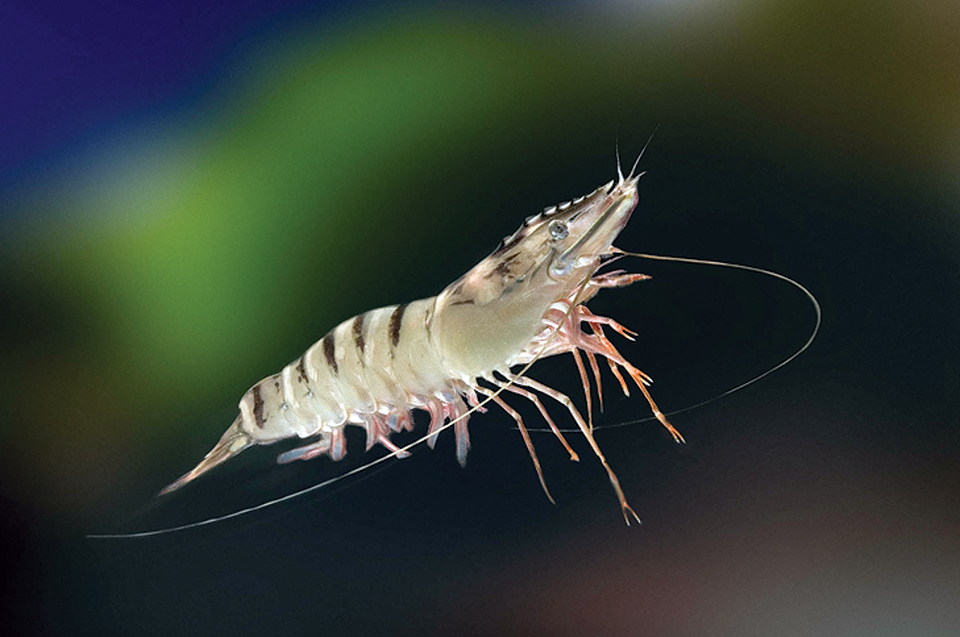
Health & Welfare
Black tiger domestication, selective breeding advance in Australia
Using clear-water tank systems, CSIRO and a collaborating farm have advanced the domestication of black tiger stocks in Australia.
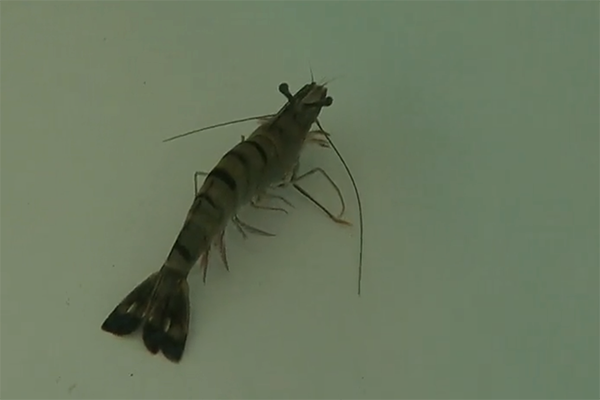
Health & Welfare
Australian research partnership maps the black tiger prawn genome
A collaboration of research institutes and industry has mapped the genome of an iconic Australian seafood species, the black tiger prawn.
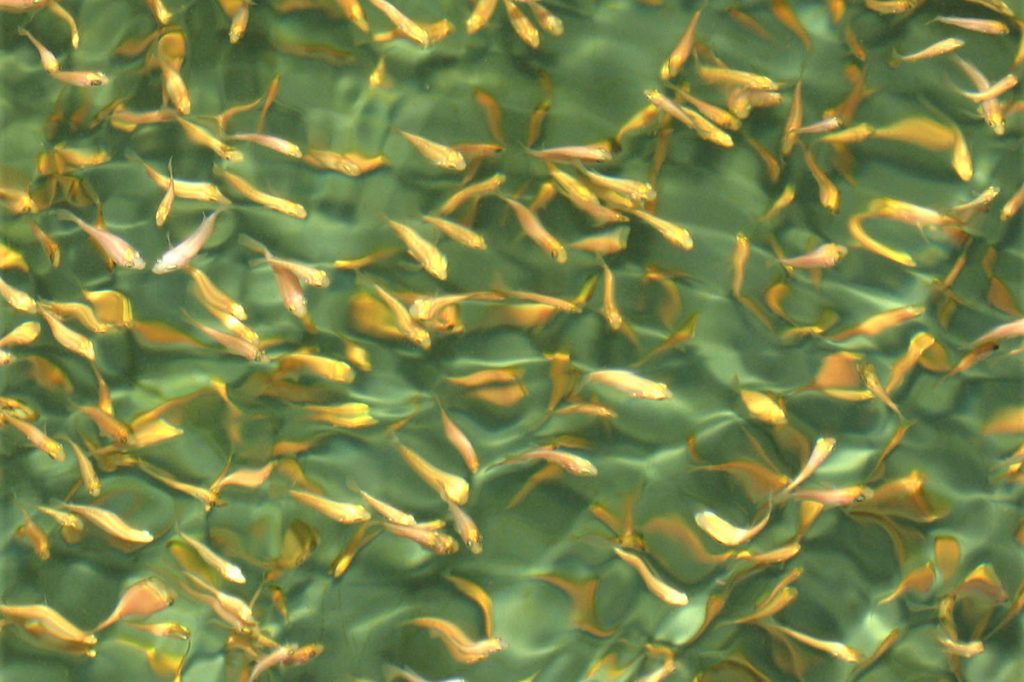
Aquafeeds
Dietary supplementation of freeze- and oven-dried biofloc in red tilapia hybrid fingerlings
Inclusion of freeze-dried biofloc at a low rate can help support efficient growth performance while oven-dried biofloc helps manage water quality.
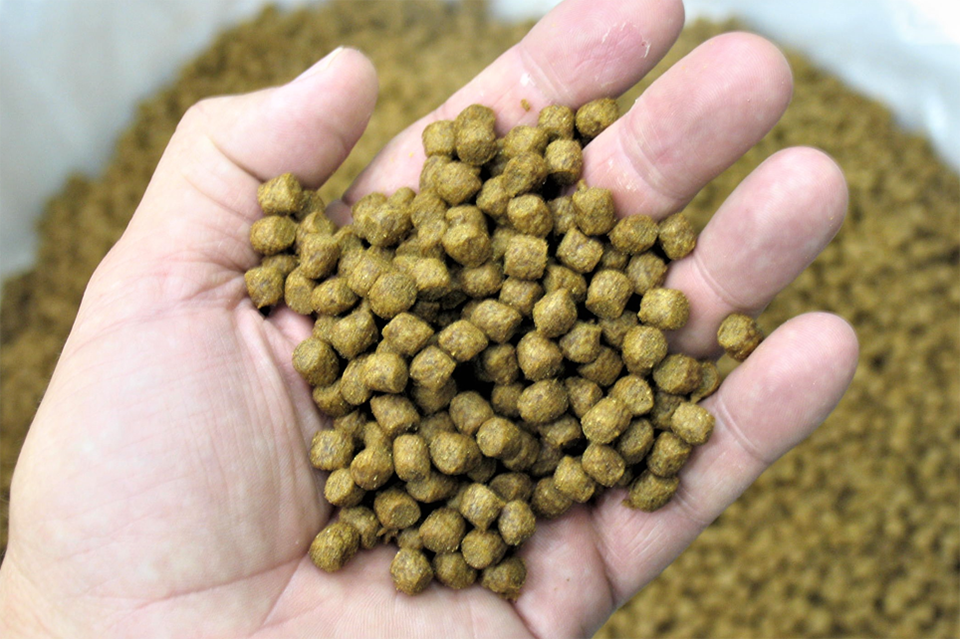
Aquafeeds
Fact check: Global fed aquaculture produces three to four times as much fish as it consumes
University of Stirling researchers say fed aquaculture efficiently utilizes traditional marine feed ingredients, refuting a recent published study.



